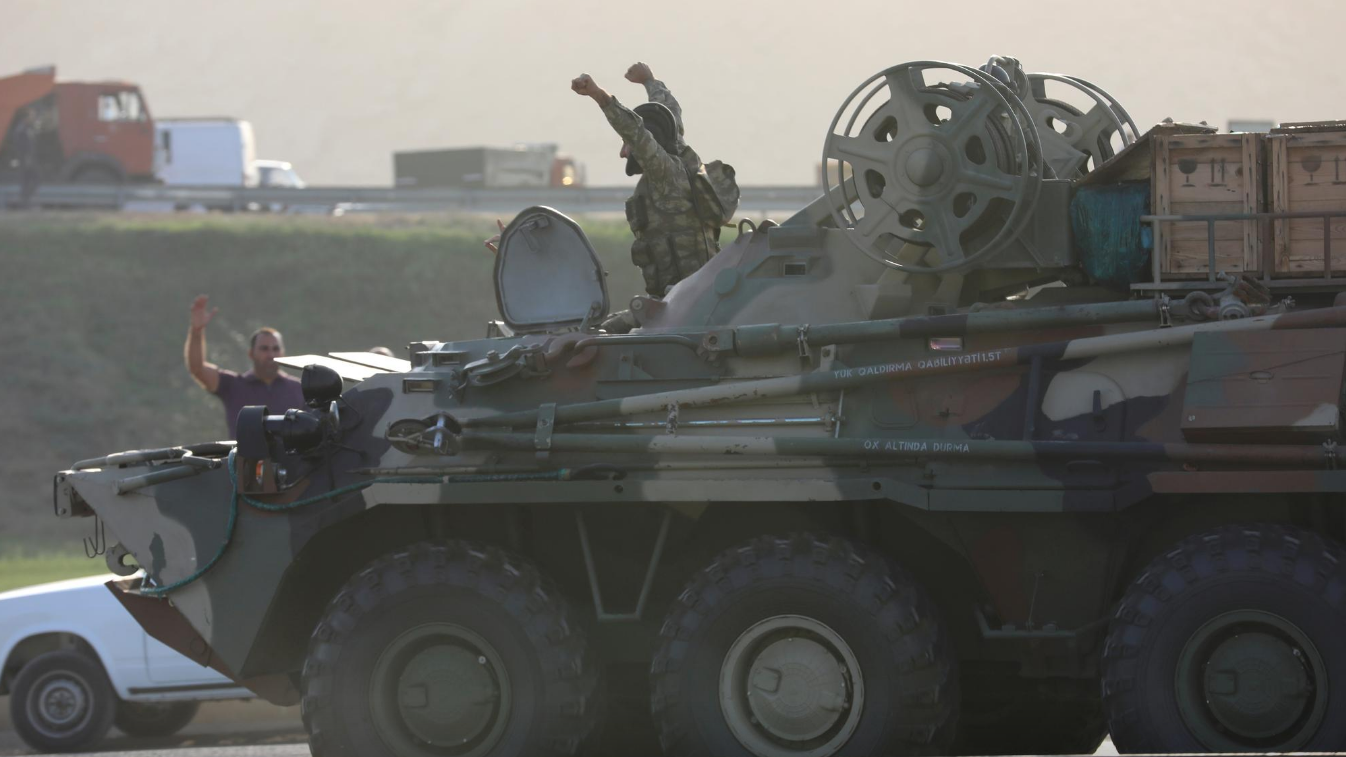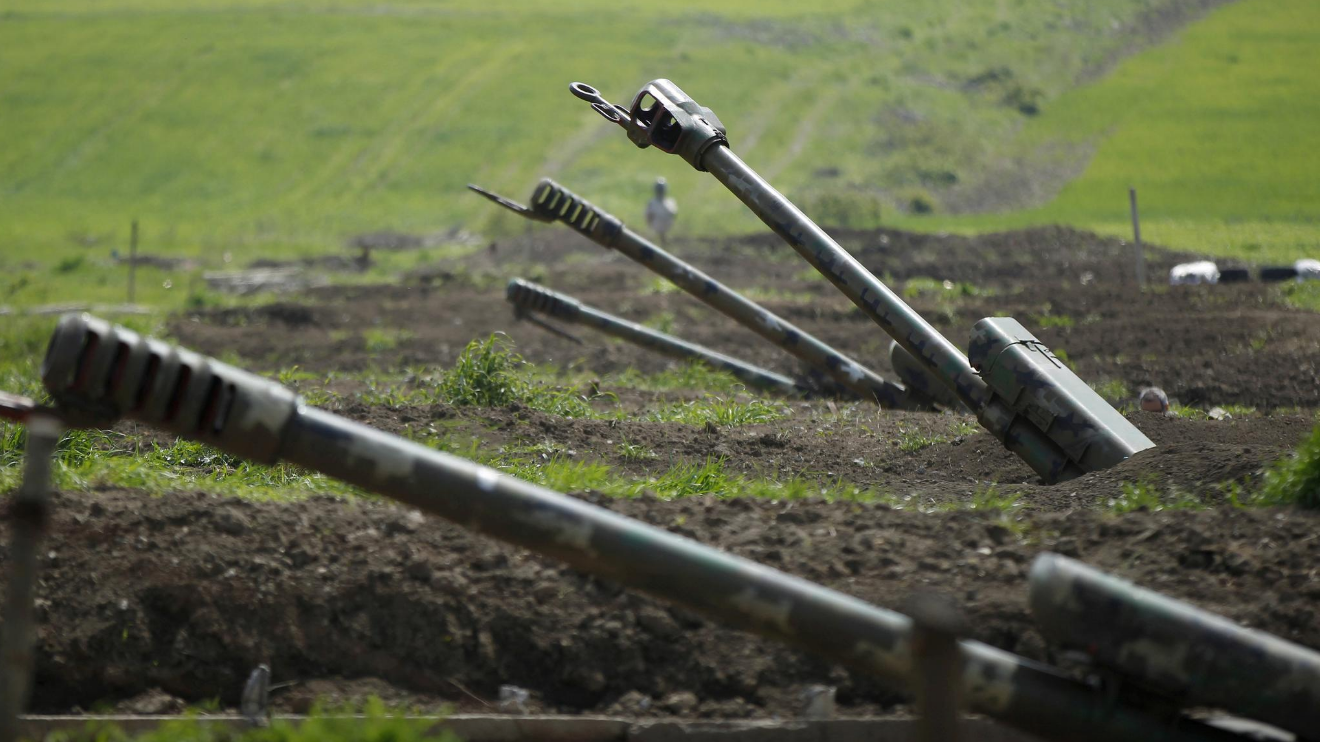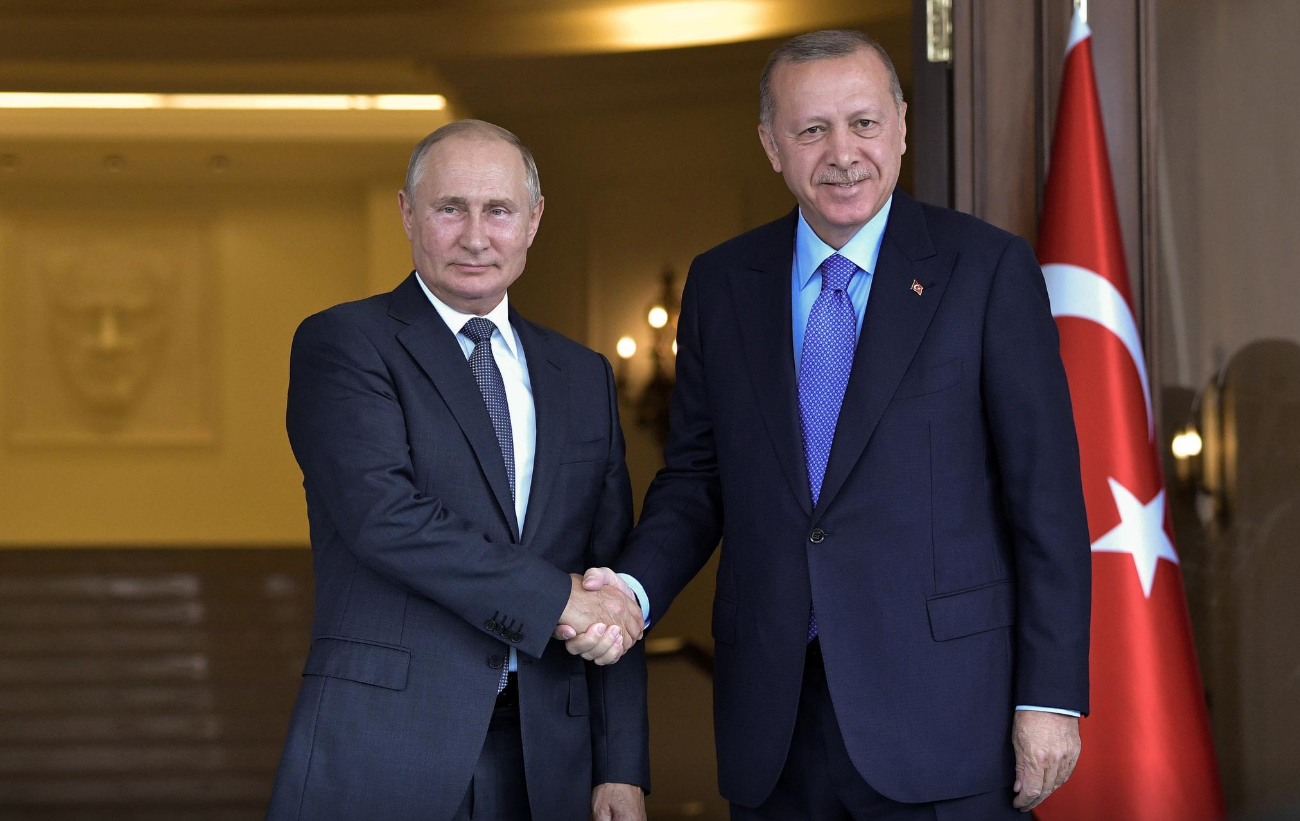Intensified fighting along the de facto Armenia-Azerbaijan border has brought the region to the brink of an all-out war. With both countries declaring full military mobilization and the intensity of clashes not yet subsiding, uncertainty over how it will turn out is growing.
Tuesday marks the third day of two sides pounding each other with rockets and artillery that concentrated around the Nagorno-Karabakh region, a breakaway enclave from Azerbaijan. Though it remains unclear how the clashes actually started, this worst military flare-up since 2016 is believed to be a culmination of long-running mutual hostilities between the two nations.
The two former Soviet states were once engaged in a bloody war that was sparked by disputes surrounding the Nagorno-Karabakh enclave. In 1991, the Armenian-dominated region took a unilateral decision to declare itself an independent republic, for which it gained full military support from Armenia.
That horrific war stretched for almost three years and resulted in more than 20,000 deaths and millions of people displaced. Though it ended with a ceasefire brokered by major world powers, violence did not stop there. Hundreds of small-scale clashes in areas around the enclave have been reported throughout the years leading up to today.
Behind the constant hostilities on the ground is an even more challenging problem that underlines the irreconcilable mantra between the two nations.
The rift between Christian Armenia and Muslim majority Azerbaijan is historically rooted. Past conflicts inflamed by ethnic and religious differences largely contributed to the mutual animosity between the two nations, but what's worse is the policies perpetuated by the two nations, especially Azerbaijan, that have further augmented that rift.

An Azerbaijani service member drives an armoured carrier and greets people, who gather on the roadside in Baku, Azerbaijan September 27, 2020. /Reuters
An Azerbaijani service member drives an armoured carrier and greets people, who gather on the roadside in Baku, Azerbaijan September 27, 2020. /Reuters
For Azerbaijan, the result of the war in the early 1990s was a humiliating defeat, which has fueled the depth of bitterness across the country. Observers have noted that the need to shake off that traumatizing memory and regain national pride may have compounded Azerbaijan's leaders and led to the rise of nationalist rhetoric.
Over the last two decades, Baku has been accused of promoting hate speech and inciting hatred against Armenians. Going to war with Armenia has also become a rallying call for Azerbaijan people. Just days after the eruption of the ongoing flare-up, the streets of Baku were filled with a massive, unprecedented demonstration demanding war.
For the respective governments in both countries, banking on pro-war sentiments could serve as both a distraction from other domestic problems and a tool to legitimize their rules.
Coupled with the lack of a formal settlement following the ceasefire in 1994, this area is left vulnerable to chronic violence.
Turning into a proxy battle?
While the current round of clashes is largely confined to Nagorno-Karabakh, which is run by ethnic Armenians and not recognized by any country as an independent republic, there has been widespread fear that it could evolve into a full-blown war involving heavy intervention by Turkey and Russia.
Russia, which has a mutual defense agreement with Yerevan, is viewed by Armenians as a protector that can be most relied on. Turkey, sharing both its religious and ethnic roots with Azerbaijanis, is Baku's most steadfast ally.

Armenian artillery is seen near Negorno-Karabakh's boundary. /Reuters
Armenian artillery is seen near Negorno-Karabakh's boundary. /Reuters
If the conflict were to spill over into Armenia's internationally-recognized territories, a Russian military intervention is believed to be quite possible.
Azerbaijan has made clear that its troops will not go beyond the disputed Nagorno-Karabakh enclave, but that it only aims to capture parts of the region. This could well have been an attempt not to trigger an intervention by Russia, with which Baku also enjoys good relations.
So far, Kremlin has signaled that it is resolved to broker a ceasefire between the fighting sides so as to prevent an all-out war. It has also shunned away from making threats of military intervention, reflecting a stance consistent with the mediating role it has played in the region through the last two decades.
Turkey, on the other hand, has been trading fraternity talks with Azerbaijan. The NATO member has had extensive military cooperation with Baku, which some argue has emboldened Azerbaijan militarily. It also regards Armenia as a thorn in the flesh, as Armenians keep accusing Ankara of being a genocide denier. Turkish-made drones were reportedly deployed by Azerbaijani forces in the conflict.
By backing Baku's claims that blamed the fighting on Armenian aggression, Ankara has shown strong determination to support its eastern brother all the way, raising concerns that it may turn the military clashes into a proxy battle with Moscow.

Azerbaijani youths living in Turkey sing Azerbaijan's national anthem during a protest following clashes between Azerbaijan and Armenia, July 19, 2020. /Reuters
Azerbaijani youths living in Turkey sing Azerbaijan's national anthem during a protest following clashes between Azerbaijan and Armenia, July 19, 2020. /Reuters
While Russia and Turkey maintain close cooperation on many fronts, frictions between the two countries are not scant and the fighting in the Nagorno-Karabakh region is believed to have the potential of becoming yet another tipping point where such frictions are deepened even further.
From downing a Russian warplane in Turkey's backyard to directly intervening in Syria and Libya, Ankara has over the years remained firm on protecting its interests by using methods that risked the escalation of regional conflicts.
But in arenas where the two powers back the opposite sides, Turkey and Russia have often managed to avoid confrontations and found mutual grounds that could deescalate an unfolding conflict. Direct dialogue maintained by presidents of the two countries is considered to have played an important role in keeping situations from exacerbating.

Russian President Vladimir Putin and his Turkish counterpart Tayyip Erdogan pose for a picture before their talks in Ankara, Turkey September 16, 2019. /Reuters
Russian President Vladimir Putin and his Turkish counterpart Tayyip Erdogan pose for a picture before their talks in Ankara, Turkey September 16, 2019. /Reuters
Still, analysts warned that this time it might be different. For Russia, they say, the strategic importance of Armenia far outweighs that of Syria and Libya and trespassing into the former Soviet state would be regarded by Kremlin as an outright provocation in need of a fiery response.
Yet other factors also suggest an otherwise more comforting prospect. Considering that Azerbaijan is not a hostile state but shares moderate military ties with itself, Moscow is not motivated to take military actions as long as Baku keeps its promise not to advance further into Armenia proper. As for Turkey, analysts say it is not likely to react strongly unless Russia takes the first step, despite the tough rhetoric floating around the policy centers in Ankara.
The escalating flare-up in Nagorno-Karabakh has brought a largely neglected Caucasus under the global limelight. Leaders around the world have expressed grave concerns about how the ongoing skirmishes will evolve, while reacting very swiftly to try and calm the clashing sides.
The global attention it gets from today's appalling aftermath should serve as a stimulus for a more coherent effort to work out a permanent resolution that could bring lasting peace to the region.